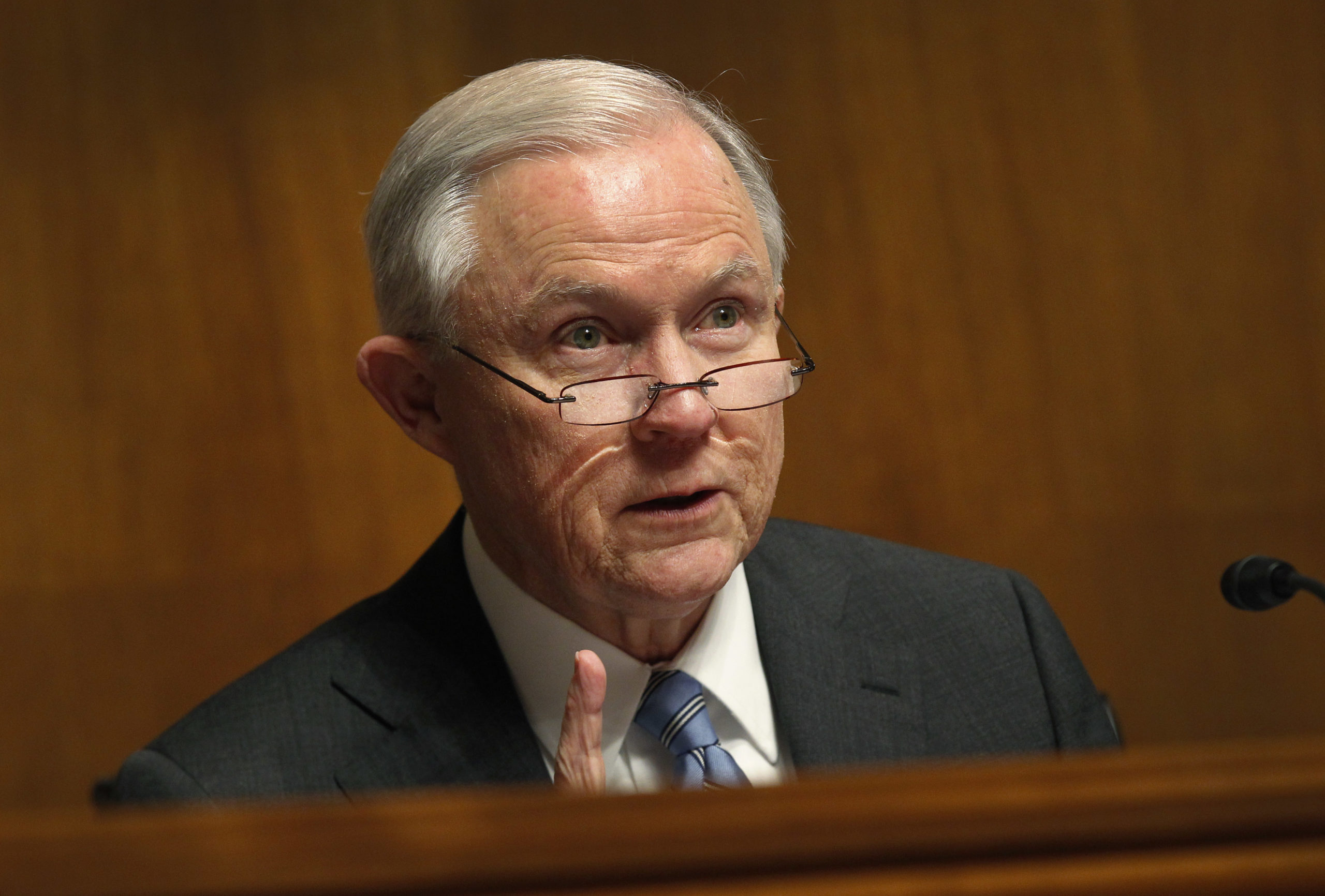Abortion rights, women of color, and LGBTQI+ people are under attack. Pledge to join us in fighting for gender justice.
Is Uber Finally Taking Its Toxic Workplace Culture Seriously?
 It’s been a bad year for Uber in so many ways. In February, a former Uber engineer, Susan Fowler, wrote an explosive blog detailing her and other female employees’ experiences with sexual harassment, discrimination, and retaliation at the company. According to her account, a male supervisor sexually harassed multiple women but was never reprimanded, much less held accountable, because of his “high performer” status. The next day, Uber retained the law firm Covington & Burling LLP to conduct an investigation into its workplace culture, policies and practices around discrimination, harassment, diversity and inclusion, and submit recommendations. And just in time too, because the bad news kept on coming.
It’s been a bad year for Uber in so many ways. In February, a former Uber engineer, Susan Fowler, wrote an explosive blog detailing her and other female employees’ experiences with sexual harassment, discrimination, and retaliation at the company. According to her account, a male supervisor sexually harassed multiple women but was never reprimanded, much less held accountable, because of his “high performer” status. The next day, Uber retained the law firm Covington & Burling LLP to conduct an investigation into its workplace culture, policies and practices around discrimination, harassment, diversity and inclusion, and submit recommendations. And just in time too, because the bad news kept on coming.
Shortly after Fowler’s blog post, an Uber executive resigned after Uber learned he had been the subject of a sexual harassment complaint when he worked at Google. Then, Uber CEO Travis Kalanick was seen yelling and cursing at an Uber driver in an argument about pricing. Recently, an Uber senior executive was fired for obtaining the medical records of a woman who was allegedly raped by an Uber driver in India. Those are just a few of the publicly reported instances highlighting Uber’s toxic workplace culture.
Last week, Covington & Burling concluded its investigation and released its conclusions, recommending 47 changes to address the lack of accountability, oversight, and inclusion plaguing the company. For example, Covington recommended that Uber adopt a “zero-tolerance” policy for substantiated complaints of discrimination and harassment, including complaints against “higher performer” or long-time employees. Covington also recommended that Uber should make it clear that employees are protected from harassment by outside employees, such as vendors and clients, which is also a particular problem in service industries with low wage jobs. It’s disturbing that Uber’s leaders needed an outside auditor to tell them they need to reprimand or fire individuals who engage in such behavior. The recommendations indicate that multiple employees were victims of discrimination and harassment, and that the company ignored bad, or even illegal, behavior. Not surprisingly, the report also recommends that human resources personnel receive proper training on effectively handling complaints, retaliation, and record-keeping, which are key tenants of basic legal compliance.
Other recommendations for management and human resources detail the importance of changing the company culture and removing bias during interviewing and hiring. For instance, Covington recommended that managers receive training on implicit bias, inclusive leadership, and creating a culture where employees feel safe to propose ideas. It’s worrisome that an outside company needed to explain to Uber that making employees feel included and safe is important.
Even though the fact that these recommendations have to be made indicate that Uber’s work culture is pretty terrible, they could easily have been written for other large companies (looking at you, Fox News). Companies must recognize that harassment and discrimination policies mean nothing if they’re just printed on a poster you pass on the way to the bathroom; companies have to implement them. And that’s just the first step. Companies must act to ensure that workplace policies and culture don’t just respond to harassment and discrimination, but also help prevent them.
The recommendations are consistent with those suggested by an EEOC task force last year on workplace harassment. As one might expect, both documents highlight the importance of inclusivity, diversity, and respect in the workplace. They also stress that it’s crucial to have a clear and comprehensive complaint mechanism that begets actual results for substantiated complaints, including accountability for wrongdoers.
Uber has recently made some efforts to show they are trying to change. As a result of a separate Perkins Coie investigation into 215 human resources complaints, Uber fired 20 individuals. Additionally, Uber’s CEO just resigned and a board member has stepped down after making sexist remarks at a staff meeting. Although it’s not enough to make up for years of discrimination and harassment, it’s the first step in the right direction.





